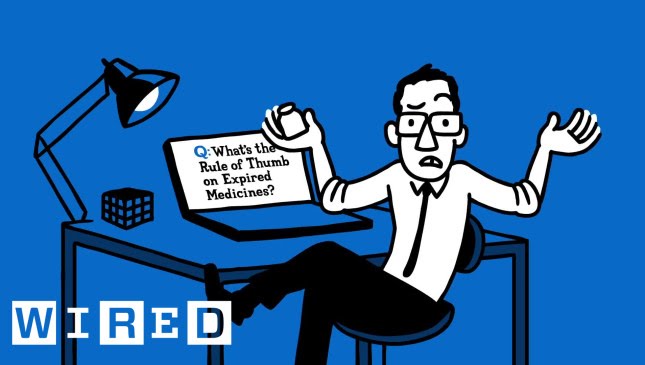The Many Jobs of Homer Simpson: A Look at The Simpsons’ Evolution
Summary
The many jobs of Homer Simpson have been a recurring theme throughout the 31 seasons of the iconic TV show “The Simpsons.” In this transcript, podcast host Jack Bacon discusses the different jobs that Homer has had, both paid and unpaid, and how they reflect changes in society and culture. The discussion also covers the evolution of the show in terms of storytelling, animation technology, and character development.
Table of Contents
- Introduction
- The Evolution of the Show
- Homer’s Many Jobs
- Changes in Society and Culture
- Conclusion
Introduction
“The Simpsons” has been a staple of American pop culture for over three decades. One of the most common themes throughout the show’s long run has been the many jobs that Homer Simpson has had. In this article, we will take a closer look at these jobs and how they reflect changes in society and culture. We will also discuss how the show has evolved over time to stay relevant to its audience.
The Evolution of the Show
As the show has progressed, so too has its storytelling and animation technology. In one episode, Homer even improvises the final minutes of the show, showcasing how advancements in animation technology have allowed for more creative freedom than was possible in previous seasons. Additionally, while the show has maintained its familiar tropes, it has also explored new territories, such as focusing on new formats and character development rather than relying on the trope of Homer getting a new job each episode.
Homer’s Many Jobs
Throughout the show’s 31 seasons, Homer Simpson has had a variety of jobs. Some of these jobs include Olympic curler, FBI informant, voice-over actor, hairdresser, superhero, account executive, political pundit, and Duff Man. As the show has progressed, the jobs that Homer has had have become more avant-garde and varied, reflecting changes in society and culture. For example, in a more recent episode, Homer becomes an e-sports coach, a job that would have been unheard of in the earlier seasons.
Changes in Society and Culture
The changes in society and culture over the past three decades have also been reflected in “The Simpsons.” For example, the decline of smoking in bars has been reflected in the show, as Moe’s Tavern is now smoke-free. Additionally, the issue of bees dying off has been addressed in a recent episode, showing that the show is still able to update its canon to reflect changes in society.
Conclusion
As “The Simpsons” enters its fourth decade on air, it is clear that the show has evolved and adapted to stay relevant to its audience. The many jobs of Homer Simpson have been a recurring theme throughout the show’s run, and they have reflected changes in society and culture. Additionally, advancements in animation technology have allowed the show to become even more creative and imaginative than before. Despite the changes, however, the show has maintained its familiar tropes, ensuring that it remains a beloved part of American pop culture.






